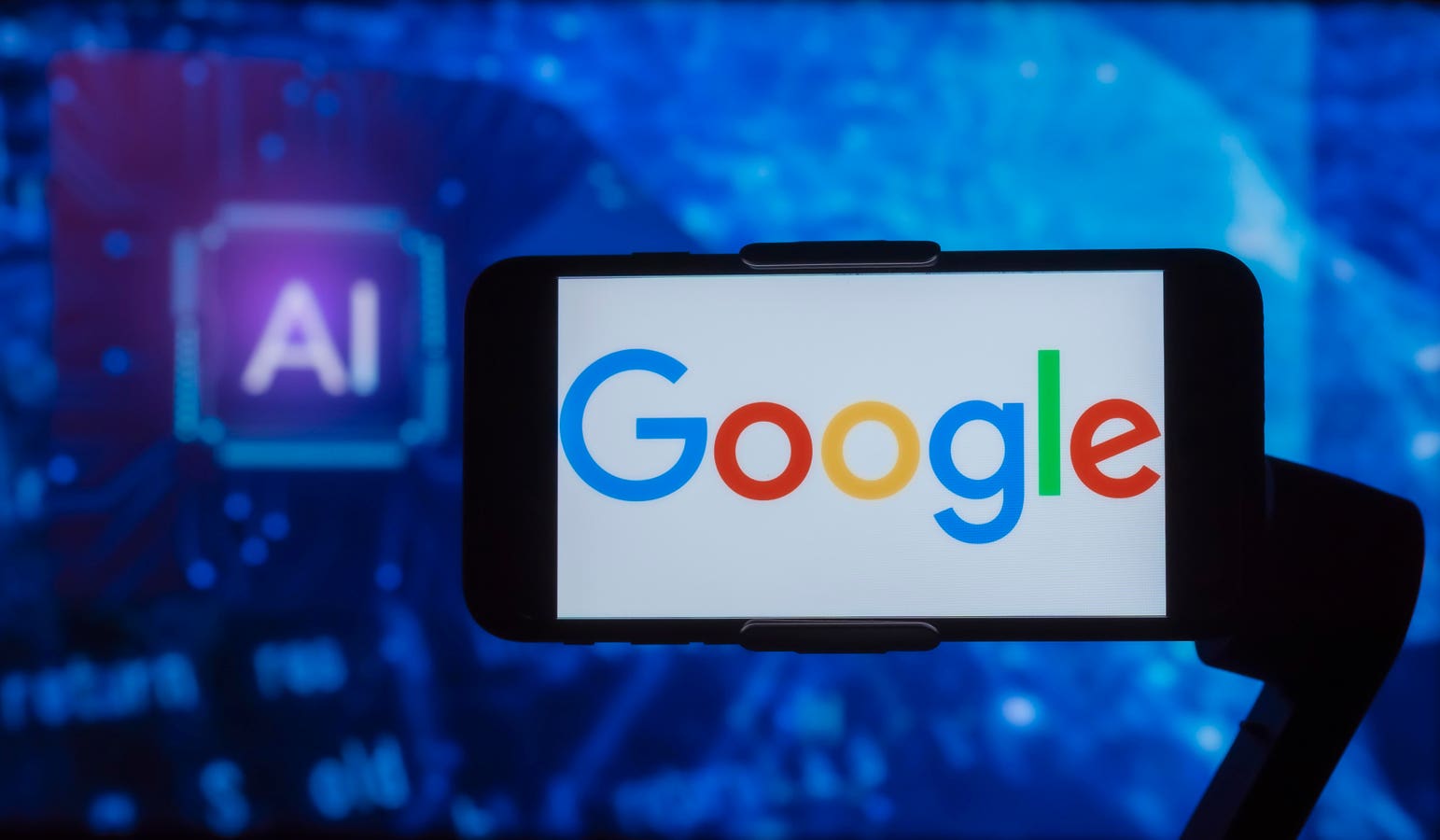It’s happening. One of the largest tech companies in the world is bringing generative artificial intelligence to its massive installed base.
Executives at Google
GOOG
GOOG
This is a big deal. It’s the first shot fired in the true digital assistant wars.
Most people are aware of digital assistants. Siri from Apple
AAPL
Chat GTP, a chatbot from OpenAI has taken the world by storm. Reuters reported in February that the sofware platform was the fastest to reach 100 million users, upending Facebook, Instagram, and even Tik Tok.
Eight months after its launch, ChatGPT is part of the Zeitgeist.
The appeal of the large language model chatbot is its conversational quality. Chat GTP seems like it’s having a conversation with users.
Google is perfectly capable of replicating this parlor trick. To be sure, the current state of generative AI does not permit actual conversations. AI is not sentient. Chatbots, including chat GTP are merely faking conversation.
At Google I/O in 2018 Sundar Pichai, chief executive officer, revealed Google Duplex. This short YouTube video clip shows that the impressive software algorithm was able to mimic a true personal assistant, including voice inflection and human-like linguistic cues. Developers gasped in amazement as Duplex called a local hair salon and proceeded to make a reservation with an unsuspecting employee.
These features have since migrated to Google Pixel phones as proprietary software. Google is also experimenting with duplex at call centers. Duplex lives in the real world.
According to an email sent in Early August to employees, Peeyyush Ranjan, vice president of engineering at Assistant, the company will push large language model technology into Assistant. “We’ve also seen the profound potential of generative AI to transform people’s lives and see a huge opportunity to explore what a surpercharged Assistant, powered by the LLM technology, would look like”, Ranyan wrote.
Bringing Google’s AI prowess to assistant at large is a much bigger deal. Assistant lives in all of Google’s products, from Maps and Chrome, to Google Docs and Search. More importantly, Google assistant is the voice prompt for Google Home, Android Auto, and Android. This software is living in the background on billions of devices.
If Google can bring an assistant comparable to Duplex to all of those devices it is a game changer. It’s the killer app of generative AI because it is accessible.
Sure, this is going to be disruptive to Google’s native digital advertising model. The company is transitioning from its successful 10 blue links strategy to software that provides answers.
Investors should think longer term.
Google knows a lot about its users. The company is also the gatekeeper of choice to most of the world’s information through Google Search. A reliable DA marries those elements. It is powerful and valuable. Members would likely pay for subscription to upgraded features. That’s a big business that could supplant the advertising model over time.
At $129.35, shares of Alphabet (GOOGL), the parent company to Google, trade at only 19.6 times earnings and 5.5 times sales. Investors should use any significant decline to buy shares.
Unlock your full investment potential with our Strategic Advantage newsletter. Join us for a $1 trial and start achieving your financial goals today!
Read the full article here











Leave a Reply